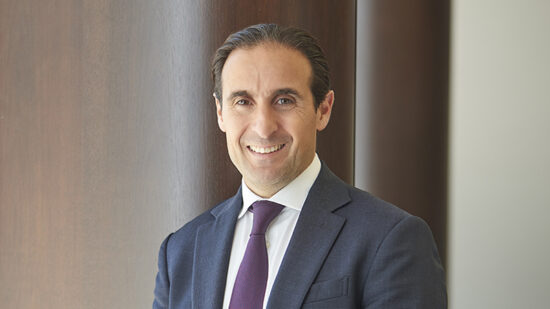The actor, best known for playing Ron Weasley in the Harry Potter films, tried to clawback £1m using the 40% tax band, as opposed to the 50% rate, introduced in April 2010.
Court documents show that Grint, who is thought to have earned around £24m from the Harry Potter franchise, altered the accounting period so that 20 months of income would be taxed in the 2009-2010 financial year on the recommendations made by UK tax advisers Clay & Associates.
As a result, he hoped to escape paying 50% on eight months’ worth of income, due in the tax year 2010-2011, saving the actor 10% in tax.
Technicality
However, although HM Revenue and Customs (HMRC) agreed that the move was not akin to tax avoidance, the tax authority said Grint had failed to alter the accounting period.
Judge Barbara Mosedale dismissed the appeal for a rebate, ruling in favour of the HMRC that the conditions on which the law would recognise a change in accounting date as valid had not been met.
“This appeal, as the appellant said, concerned a purely technical point,” she said.
“However, HMRC are entitled to take, as taxpayers are, technical points. And I found on this technical point, the appellant’s appeal fails.”
According to the judge, it was “clear that [Grint] placed his faith in his father and accountants to deal with his financial affairs”, adding that he was not even responsible for his own witness statement.
“It appeared at least in part to have been written in the third person and Mr Grint accepted that he did not write it ‘completely’ and indicated he relied heavily on his advisers,” said Mosedale.
Devil in the detail
Andrew Hubbard, tax partner at RSM, said:”Harry Potter actor Rupert Grint is used to the magical power of words. But even he must have been surprised to find that a couple of words can make a difference to his tax liability of, if reports are to be believed, over £1m.
“In a decision just released by the first tier tribunal, Mr Grint and his advisors were tripped up by the meaning of two words – and believe it or not those words were “is” and “accounts”.
“The background is that Mr Grint wanted to move as much of his income as possible into the year 2009/10 because that was the last year of the 40 per cent marginal rate before the 50 per cent rate kicked in for 2010/11. It is important to acknowledge, as HMRC did, that Mr Grint was not engaged in tax avoidance. The whole argument was about the way that the tax rules operate when a self-employed taxpayer changes the date to which accounts are drawn up.
“Several different sets of financial information (to use a neutral term) were prepared by Mr Grint’s accountants for various purposes and to different dates. In the end the tribunal had to decide which of these was actually a set of “accounts”, which involved the judge looking at what the word “accounts” actually means – which she did in more detail than anybody would ever believe is possible.
“The set she decided on didn’t give the result that Mr Grint wanted, with the result that more of his income became taxable in 2010/11 at 50%.”








